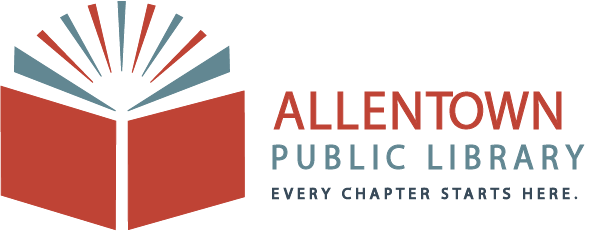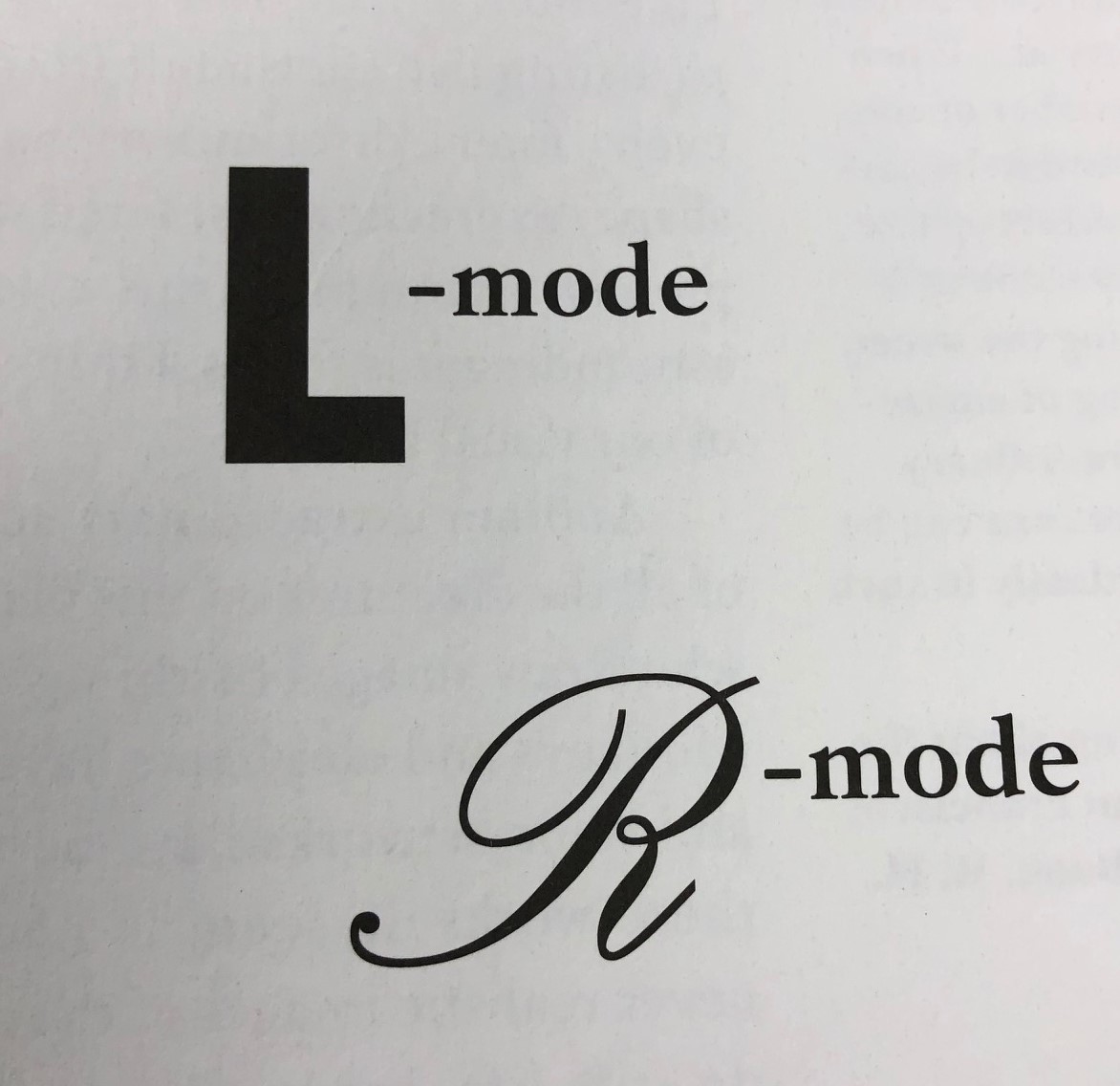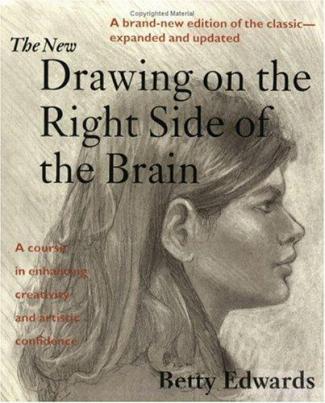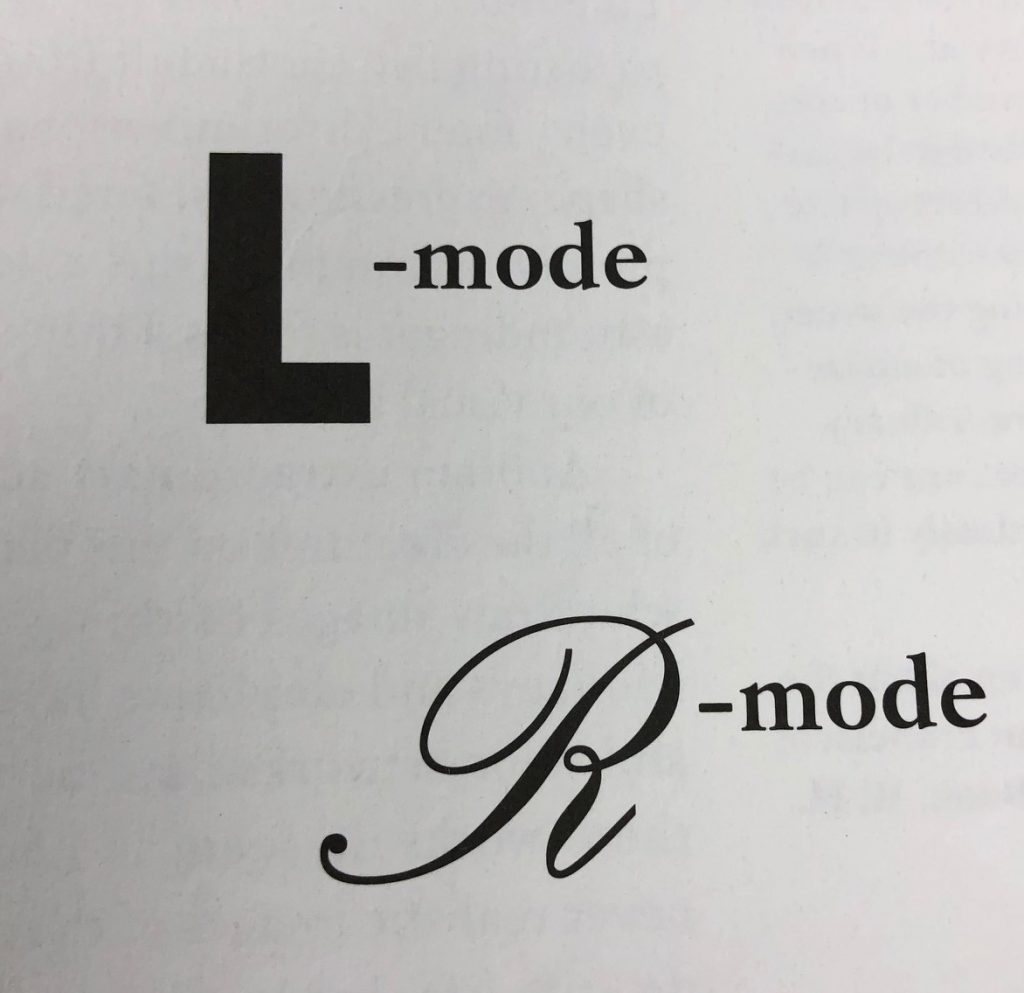How does language affect our thinking?
This question, selected by a majority vote of participants at our most recent Socrates Café, highlights the importance of language in communication. Before we began to answer the initial question, we talked a lot about what we mean by language.
Do we mean English, Spanish, Korean, Dutch, Russian, American sign language, or some other form of the Latin based “lingua”? Or, do we mean the specific words that we use for expressing ourselves?



Thoughts we considered:
- how the language that one speaks is based upon cultural or geographical experience
- what effect politics have upon word use
- how language changes over time
- nuances of expression, interpretation and translation
- how language, specifically one’s literacy, has a direct effect on whether they can be controlled by others
While these points are interconnected with each other, let’s take a quick look at how we unpeeled each point.
How is the language that one speaks based upon cultural or geographical experience?
One patron cited having read Trevor Noah’s bestseller Born a Crime: Stories from a South African Childhood. In it, the author noticed that apartheid in South Africa was more easily maintained as individual tribes continued to be separated by the many differing languages spoken. He believed it to be purposeful and for this reason he felt it important as a ticket to a better life to learn several languages.
And it stands to reason that it would be easier for any singularly focused group with a mind to subjugate another to achieve superiority if the smaller groups of potential adversaries are unable to easily communicate with one another. This underscores the importance of one’s ability to speak more than one language. But, speaking another language and understanding it well can be a challenge.
Geographically speaking, one participant used this example which she studied in college. Our world view, according to the Sapir-Whorf hypothesis (1929: Edward Sapir and developed by Benjamin Whorf) advances that the structure of a language determines a native speaker’s perception and categorization of experience. They gave, she said, an example that some native Alaskans have 14 different words for “snow” so they perceived snow in its many variations. Or the Hopi who use yokva, yooyangwl, or yoyañwe to say simply “rain,” whereas we would say “it is raining” thus introducing the subject-object relationship. Wow! So these two men suggested that the language we use forms how we think and view the world around us!
Our participant continued to explain the study’s relevance in her capacity as a therapist where cognitive restructuring is a helpful tool. Cognitive restructuring, according to Therapist Aid, is defined as “the therapeutic process of identifying and challenging negative and irrational thoughts.” This tool sometimes aids people who don’t have the language required to adequately identify or express their feelings.

What effect does politics have upon word use?
Here we considered how cultural sensitivities affect the words we choose to use in various situations. An example of is reflected in the pronouns used to assign gender. Do we use “he,” “she,” or “they” when referring to an individual? Those among us who have been teachers of English or concerned with using correct English grammar find the “they” in this case particularly jarring in the sense that the word “they,” until recently, has always referred to the plural rather than the singular “you.” We considered the possibility of coming up with a new word designation other than “they” such as “xe,” or resurrecting an older word that has fallen out of use like “thee” for gender assignment. In any case, we acknowledge that there are people who wish, for a variety of reasons, to be referred to neither as “he” nor “she.”
“So many things about changes in language can be either jarring or welcome,” one commented.
How does language change over time?
A book cited as an example of political change in word use is The Sound and the Fury, a novel by William Faulkner set in April 1928. Based on Shakespeare’s Hamlet, the tale is told by a mentally challenged person. The patron pointed out that when the novel was published (1929) it was commonplace to use the term “idiot” for such a person. But, given our current understanding about abilities, not only is this word not used for this purpose, but to use it is considered offensive, hurtful and cruel. The ways that we talk make a difference.

In the aforementioned example, language changes when words take on new meanings either by group consensus or government decree. When earlier we talked about the word “you,” someone brought up its history. Early on, “you” was used to refer to the king, while “thee” referred to everyone or anyone else. Later, “you” took on use among the commoners either singular or plural.
What are the nuances of expression, interpretation and translation?
Regarding translation, a patron mentioned experiences at her work with translating and interpreting and they discovered that the translations were horribly incorrect. This brought up the idea of apps and online translations that may not be perfect due to certain idiosyncrasies of a particular language or dialect. These might include idioms.
While there is always plenty to unpack from a single question at the Socrates Café, doing so is a fun way in which to broaden our view. It gives introverts the opportunity to have their point of view recognized as equally valid, and extroverts segments of time in which to contemplate the voices and experiences that they hear from other people. Though minds may not be changed about our position on a particular topic, the important part is that we hear others’ perspectives. This helps everyone to think about how we come to believe what we do and to consider new options or to make more informed decisions.
We meet every third Wednesday of the month at 10:30 AM.
Walk-ins are Welcome. Registration NOT required.






